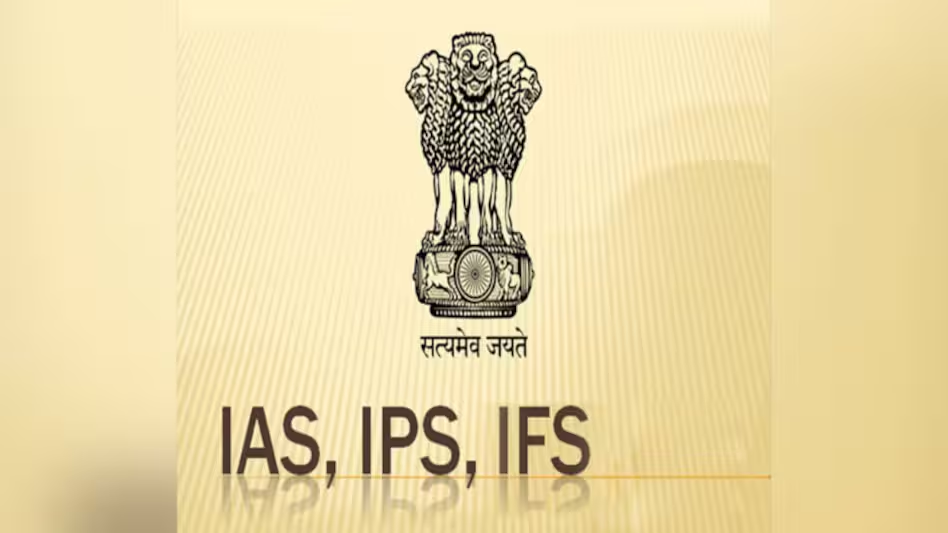Font size:
Print
Twin Test under PMLA
Context:
Delhi CM Arvind Kejriwal who is in jail on charges under the Prevention of Money Laundering Act (PMLA) was denied bail by the Delhi HC after the ED challenged the trial court’s order on the ground that the court had failed to apply the ‘twin test’ for granting bail under PMLA
What is the twin test?
- Section 45(1) of the PMLA requires that before a person is released on bail or bond, the public prosecutor must initially be given an opportunity to oppose the application and when the prosecutor opposes bail ,the court must apply the twin test before granting bail which are:
- That there are reasonable classification for believing that the accused is not guilty of the offence
- He is not likely to commit any crime while out on bail.
Reasonable classification
In the case of the State of West Bengal vs Anwar Ali Sarkar (1947), the Supreme Court of India, stated the twin test for reasonable classification. The court held that for the classification to pass the test, two conditions must be fulfilled:
- Classification must be founded on an intelligible differentia which distinguishes those that are grouped together from others and
- The differentia must have a rational relation to the object sought to be achieved by the Act.
Criticism of the twin test
- The twin test provision is similar to provisions in several other laws that deal with serious offences — for example, Section 36AC of The Drugs and Cosmetics Act, 1940, and Section 43D(5) of the Unlawful Activities Prevention Act, 1967.
- Hence logic of equating money laundering with stringent anti-terror and narcotics laws has been criticised when the offence of money laundering, however serious, carries a maximum sentence of only seven years.
Legal challenges to twin test
- First challenge to the constitutional validity of the twin test came in a 2017 ruling, Nikesh Tarachand Shah v Union of India , where the court struck down the bail provision as unconstitutional on the ground that the onerous conditions were not a reasonable classification. ‘Reasonable classification’ is a feature of the right to equality, which is a fundamental right.
- However, by a subsequent amendment, Parliament put these provisions back in the law through the Finance Act, 2018.
- When this Act was challenged in the court in Vijay Madanlal Choudhary v Union of India case ,the court upheld the constitutional validity of the twin test under the law (Section 45(1) of the PMLA) citing that the offence of money laundering had a “direct impact on the financial systems and sovereignty and integrity of the countries,” and held it to be a heinous crime.
Current Status
- As per the ruling, the twin test has to be rigorously applied by all courts — special courts trying money laundering offences as well as constitutional courts. It would also apply in the same way for both regular bail and anticipatory bail.
- However, an accused can still get the benefit available under Section 436A of the Code of Criminal Procedure (CrPC), under which he is entitled to bail after serving half of the maximum sentence as an undertrial.
- This means that in most money laundering cases, if the Enforcement Directorate is not able to finish the trial within three and a half years, the accused is entitled to bail, irrespective of the twin test.


